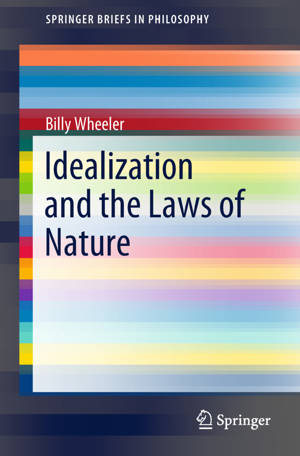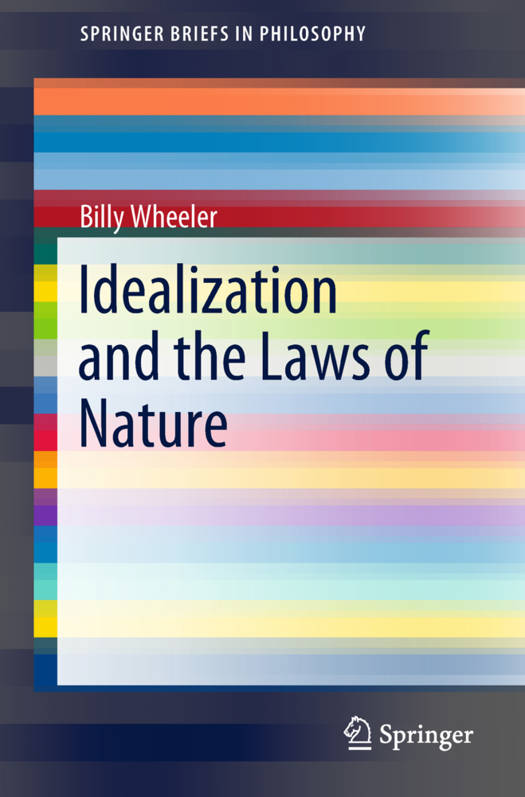
- Afhalen na 1 uur in een winkel met voorraad
- Gratis thuislevering in België vanaf € 30
- Ruim aanbod met 7 miljoen producten
- Afhalen na 1 uur in een winkel met voorraad
- Gratis thuislevering in België vanaf € 30
- Ruim aanbod met 7 miljoen producten
Omschrijving
This new study provides a refreshing look at the issue of exceptions and shows that much of the problem stems from a failure to recognize at least two kinds of exception-ridden law: ceteris paribus laws and ideal laws. Billy Wheeler offers the first book-length discussion of ideal laws. The key difference between these two kinds of laws concerns the nature of the conditions that need to be satisfied and their epistemological role in the law's formulation and discovery. He presents a Humean-inspired approach that draws heavily on concepts from the information and computing sciences. Specifically, Wheeler argues that laws are best seen as algorithms for compressing empirical data and that ideal laws are needed as 'lossy compressors' for complex data.
Major figures in the metaphysics of science receive special attention such as Ronald Giere, Bas van Fraassen, Nancy Cartwright, David Lewis and Marc Lange. This book is essential reading for philosophers of science and will interest metaphysicians, epistemologists and others interested in applying concepts from computing to traditional philosophical problems.
Specificaties
Betrokkenen
- Auteur(s):
- Uitgeverij:
Inhoud
- Aantal bladzijden:
- 109
- Taal:
- Engels
- Reeks:
Eigenschappen
- Productcode (EAN):
- 9783319995632
- Verschijningsdatum:
- 11/09/2018
- Uitvoering:
- Paperback
- Formaat:
- Trade paperback (VS)
- Afmetingen:
- 156 mm x 234 mm
- Gewicht:
- 190 g

Alleen bij Standaard Boekhandel
Beoordelingen
We publiceren alleen reviews die voldoen aan de voorwaarden voor reviews. Bekijk onze voorwaarden voor reviews.











